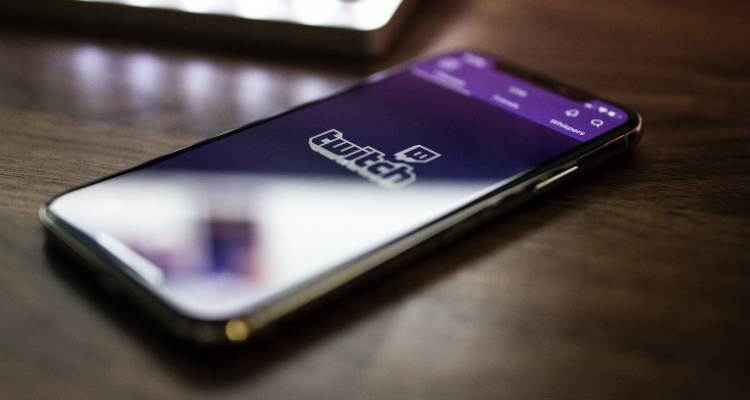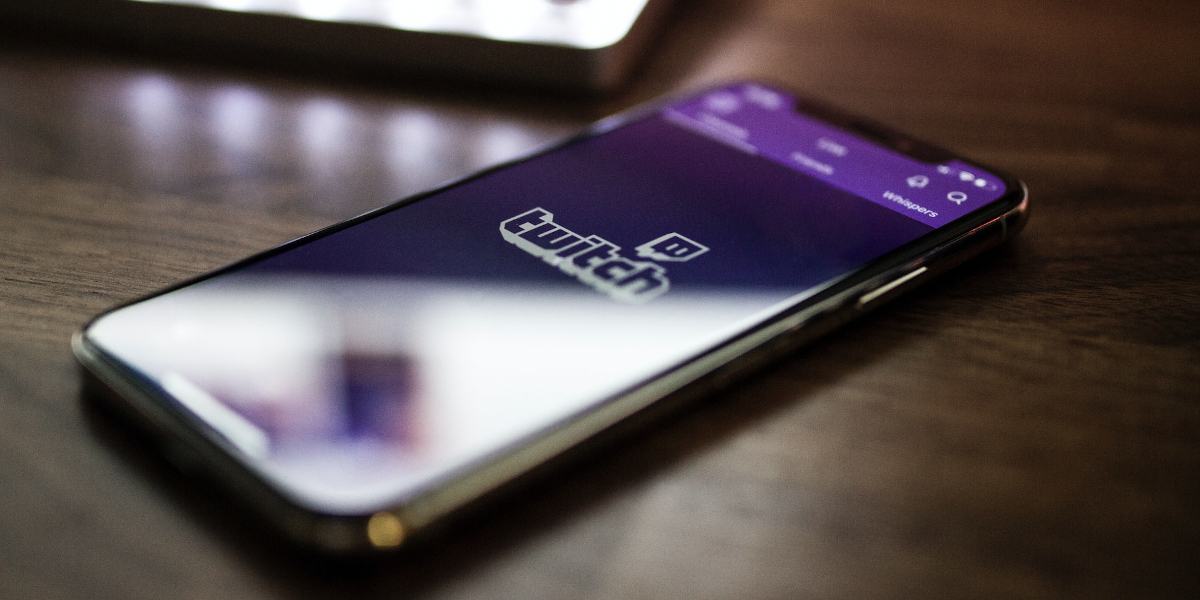
Photo Credit: Caspar Camille Rubin
Late last month, Twitch launched a pre-cleared song catalog, Soundtrack by Twitch, for creators. Now, the RIAA, the Artist Rights Alliance (ARA), the National Music Publishers Association (NMPA), SAG-AFTRA, the Recording Academy, and other prominent music-industry organizations have called out the “solution” in a formal letter.
The controversy surrounding Twitch’s longstanding policy of not licensing music (instead issuing DMCA takedown notices to creators whose streams feature protected audio) reentered the spotlight in late July. During a remote antitrust hearing, members of Congress asked Amazon CEO Jeff Bezos – who saw his net worth surpass $200 billion earlier this year – why Twitch doesn’t license music. “I don’t know,” responded the Albuquerque, New Mexico, native, whose company acquired Twitch in 2014.
In mid-September, Facebook Gaming revealed that it had finalized major-label licensing deals. And about two weeks later, Twitch – which became the target of renewed music-industry criticism following the congressional hearing – rolled out the aforementioned Soundtrack by Twitch. Unlike Facebook Gaming’s licensing arrangement, Twitch’s carefully tailored Soundtrack doesn’t yet encompass agreements with any of the Big Three labels or leading indie players. To be sure, livestreamers took to social media last week to condemn the automatic removal of Twitch videos with DMCA notices.
The letter recently forwarded to Bezos by the American Association of Independent Music (A2IM), Global Music Rights (GMR), Songwriters of North America (SONA), and others begins by emphasizing the numerous industry professionals, from label higher-ups to artists and many in between, that the senders represent. Next, the approximately 500-word-long inquiry applauds Soundtrack’s broad framework and welcomes “that Twitch has started to enter into some agreements with rightsholders.”
“However, we are confounded by Twitch’s apparent stance that neither synch nor mechanical licenses are necessary for its Soundtrack tool,” the message proceeds. “Twitch appears to do nothing in response to the thousands of notices of music infringement that it has received nor does it currently even acknowledge that it received them, as it has done in the past.”
From there, the organizations indicate that they remain “concerned” about Bezos’s previously summarized congressional testimony, including his perceived failure “to state what action Twitch is taking to prevent unauthorized copies and performances” from making their way onto the platform.
The message then reiterates the critique that the Artist Rights Alliance offered in August, concluding by stating: “We hope you appreciate the gravity of the situation and will take proactive efforts to ensure that unlicensed music is not available on Twitch.”
A Twitch spokesperson just recently responded to the letter with an approximately 250-word-long statement. The text notes at the outset that higher-ups are “incredibly proud” of the role that Twitch plays in the music community – in terms of helping artists connect with fans and “generate income” amid the pandemic, as well as paying royalties and licensing fees “for the use of music in Twitch’s own productions and projects.”
The retort’s second paragraph pushes back against the RIAA-signed letter’s criticism of Soundtrack by Twitch, describing the library as “a fully licensed service” and “an important discovery tool for independent artists and labels.”
Lastly, Twitch closes the follow-up by claiming that it “expeditiously” responds to DMCA takedown notices “by removing the allegedly infringing content…in compliance with DMCA requirements.”

